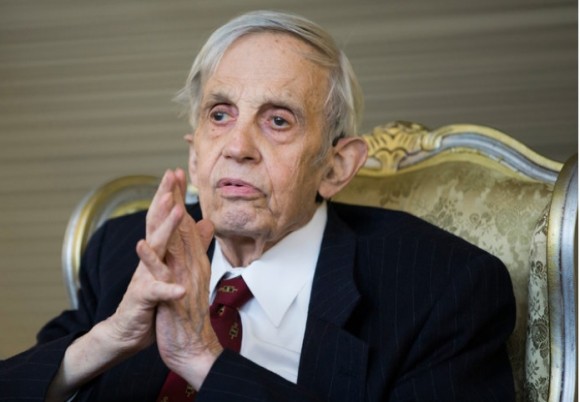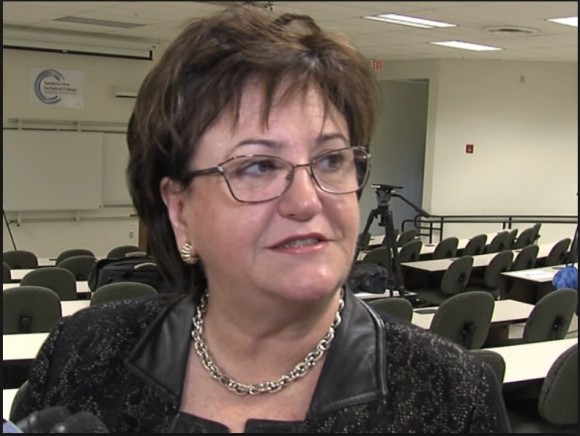
Dear Commons Community,
John F. Nash Jr., the mathematician who shared a Nobel Prize in 1994 for work that greatly extended the reach and power of modern economic theory and whose long descent into severe mental illness and eventual recovery was killed, along with his wife, in a car crash on Saturday in New Jersey. He was 86. Nash’s up and down life was well-depicted in the book and a film, both titled “A Beautiful Mind”. Here are several excerpts from his obituary:
“Dr. Nash was widely regarded as one of the great mathematicians of the 20th century, known for the originality of his thinking and for his fearlessness in wrestling down problems so difficult that few others dared tackle them. A one-sentence letter written in support of his application to Princeton’s doctoral program in math said simply, “This man is a genius.”
“John’s remarkable achievements inspired generations of mathematicians, economists and scientists,” the president of Princeton, Christopher L. Eisgruber, said on Sunday, “and the story of his life with Alicia moved millions of readers and moviegoers, who marveled at their courage in the face of daunting challenges.”
“…Harold W. Kuhn, an emeritus professor of mathematics at Princeton and a longtime friend and colleague of Dr. Nash’s who died in 2014, once said, “I think honestly that there have been really not that many great ideas in the 20th century in economics, and maybe, among the top 10, his equilibrium would be among them.” A University of Chicago economist, Roger Myerson, went further, comparing the impact of the Nash equilibrium on economics “to that of the discovery of the DNA double helix in the biological sciences.”
“…early in 1959, with his wife pregnant with their son, John, Dr. Nash began to unravel. His brilliance turned malignant, leading him into a landscape of paranoia and delusion, and in April he was hospitalized at McLean Hospital, outside Boston.”
It was the first step of a steep decline. There were more hospitalizations. Dr. Nash underwent electroshock therapy and fled for a while to Europe, sending cryptic postcards to colleagues and family members. For many years he roamed the Princeton campus, a lonely figure scribbling unintelligible formulas on the same blackboards in Fine Hall on which he had once demonstrated startling mathematical feats.
“…The Nobel, the publicity that attended it and the making of the film were “a watershed in his life,” Dr. Kuhn said of Dr. Nash. “It changed him from a homeless unknown person who was wandering around Princeton to a celebrity, and financially it put him on a much better basis.”
A beautiful mind and an incredible life.
Tony










